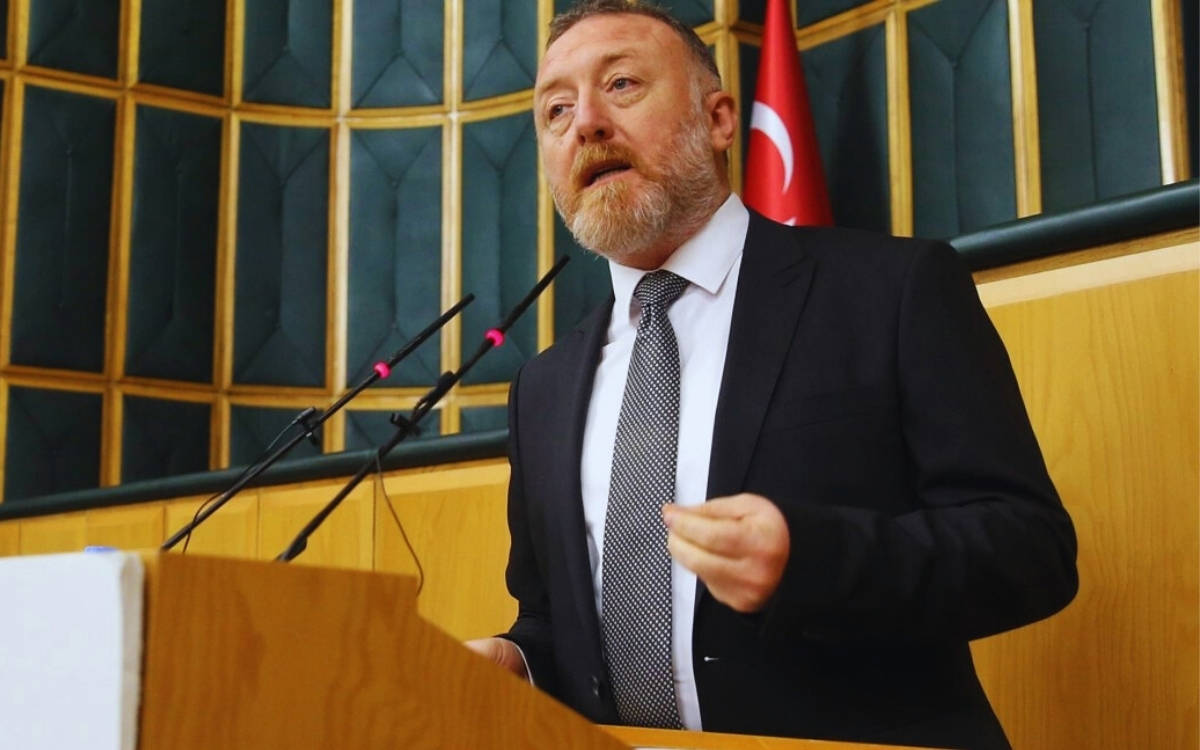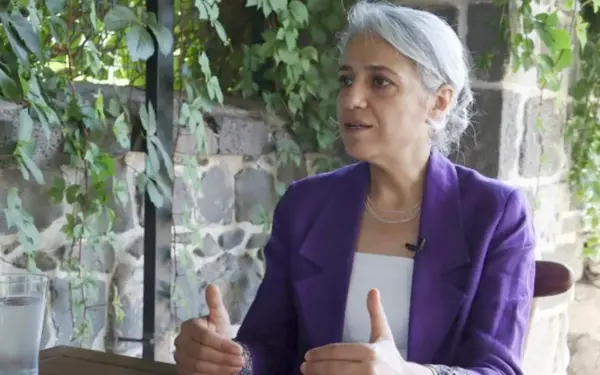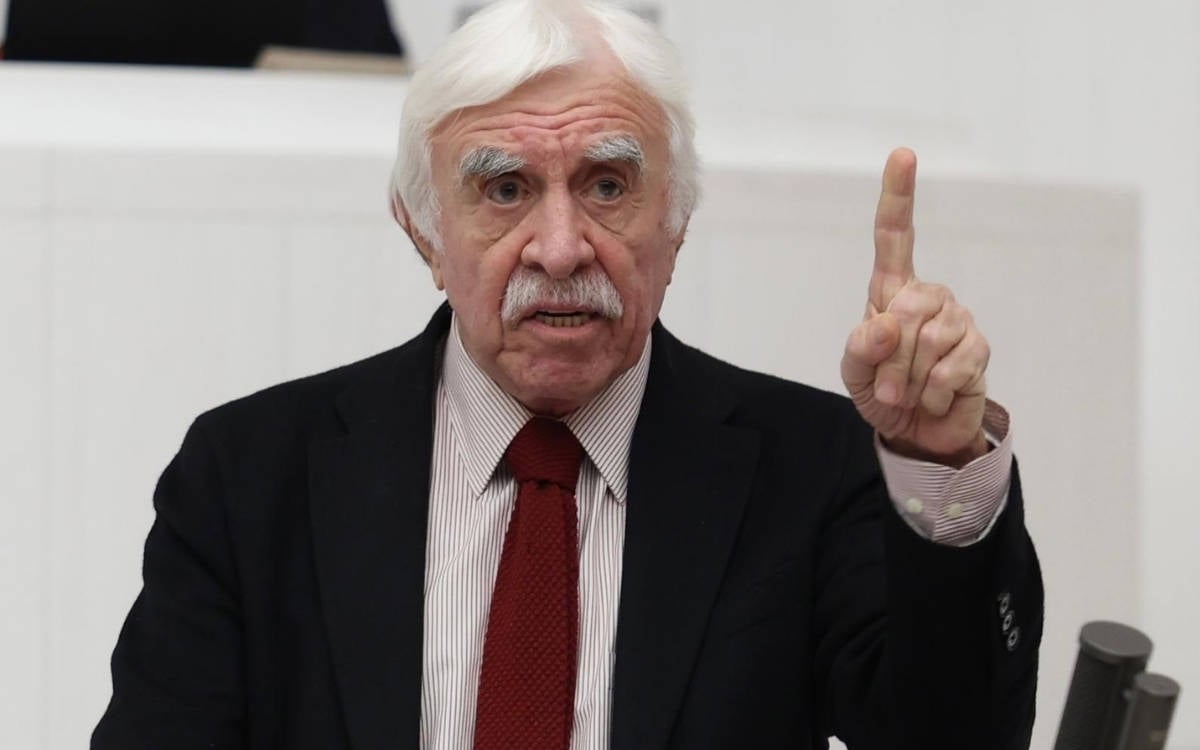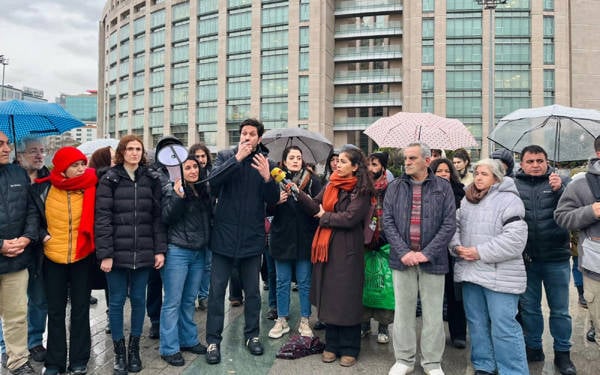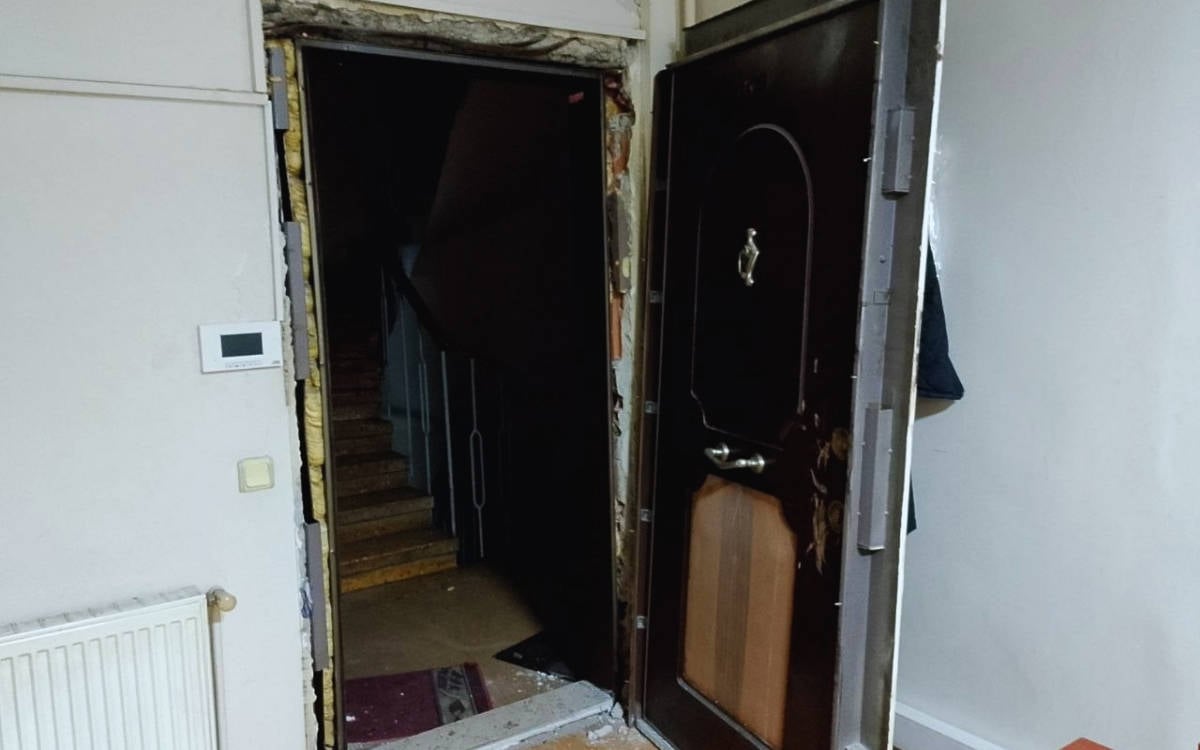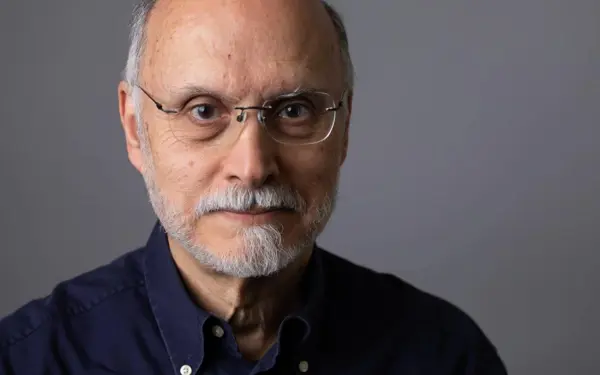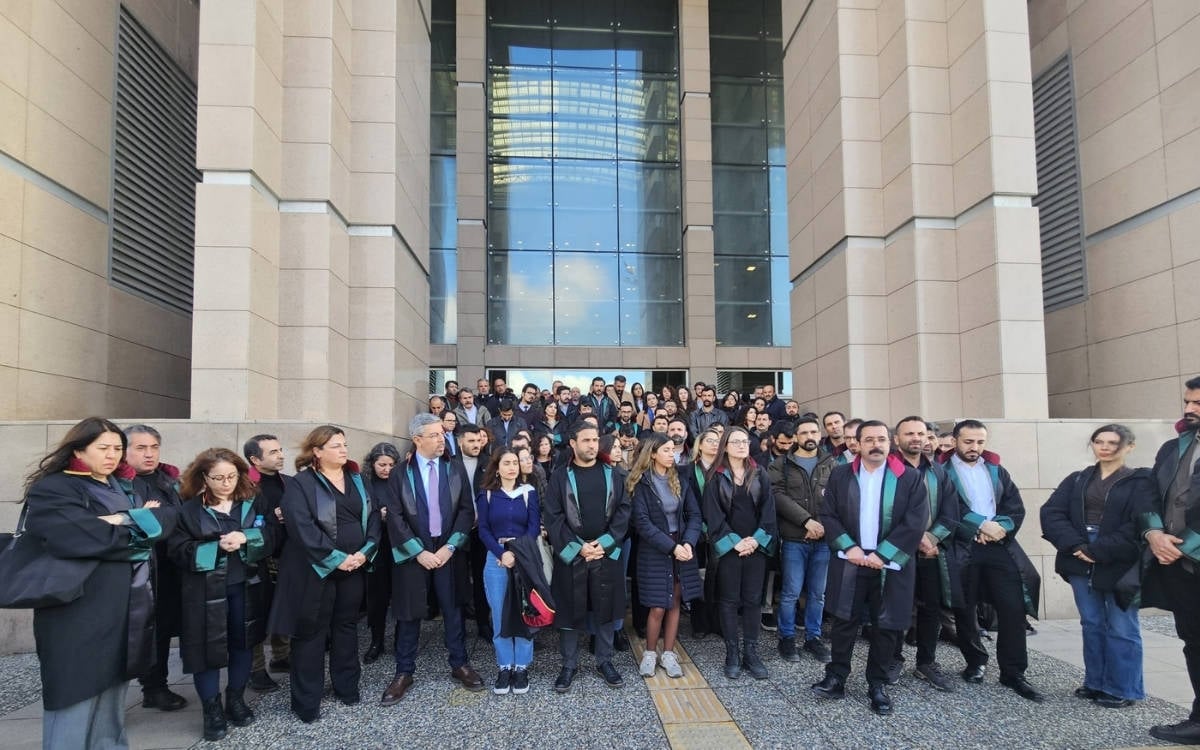A delegation from the Peoples’ Equality and Democracy Party (DEM Party), including Co-Chairs and Group Deputy Chairs, met yesterday (May 28) with an AKP delegation in Parliament.
After the roughly 2-hour-and-15-minute meeting, the DEM Party issued a statement saying that there was a comprehensive exchange of ideas regarding developments in Turkey and the region. The statement also noted that the prison release reform, expected to be submitted to Parliament, was discussed during the meeting and that further details would be shared in the coming days.
AKP's Efkan Âlâ and Abdullah Güler also made brief remarks about the meeting, but did not share specific content.
We asked DEM Party Group Deputy Chair Sezai Temelli about the meeting’s content, the scope of proposed amendments to the prison release bill, and ongoing constitutional debates.
Ill prisoners, pregnant women, and mothers with children
Following your meeting with the AKP, you said: “We will not yet see the expected prison release regulation.” Why hasn't the government taken the expected step?
We’ve been making intense efforts on this issue for a long time. Society had serious expectations regarding the 10th Judicial Package. During the meeting, we conveyed these expectations and our proposals. We also stressed the importance of this package as a step that could open a path for politics. However, we found that the expected comprehensive regulation on the prison release bill was not included. There’s only a very limited provision covering ill prisoners, pregnant women, and mothers with children. This shows that the issue of execution of prison sentences is being addressed in a very narrow scope, not in the broad manner we were hoping for.
What explanation was given for not introducing a broader reform?
They said they had evaluated the issue from many angles, that their team was working on it, and that there could be serious risks involved. They emphasized societal sensitivities, particularly in relation to femicides and qualified sexual violence against women. They also said prior Constitutional Court rulings needed to be taken into account.
In light of all this, they said they needed more time and detailed work, but assured us that execution reforms would certainly be implemented in future packages. Inevitably, this means a delay. So now autumn is being pointed to as the time when Parliament will reconvene and broader reforms can be discussed. This means waiting another four months, which understandably causes disappointment in society, especially among tens of thousands of prisoners who are waiting hopefully for this reform.
“The process will continue on its own course”
Were any concrete commitments made to you during this process?
In politics and diplomacy, firm commitments are rare. Meetings are about sharing ideas and expectations. For now, it seems there is a tendency to bring these reforms in autumn. But whether that step will actually be taken is unknown. It has been promised before, but not delivered. That’s why we, as a society, must continue to fight for this.
Will the postponement of the prison release reform affect the peace and democratization process you're pursuing?
The peace and democratic society process is a multifaceted struggle. Reforms like the prison release bill can contribute positively, increasing public trust and opening the way for political progress. The current uncertainty, however, creates significant mistrust regarding societal peace, and bold steps are needed to compensate for the delay.
Still, most of the promises in the Judicial Package are not directly related to the peace and democratic society process – they mostly concern judicial crimes. Our stance is this: ensuring that different segments of society feel trust is a fundamental political responsibility. Especially in such critical periods, this responsibility grows. We clearly expressed this during the meetings. “A strong step forward will positively impact other phases of the process,” we said. But of course, the process will continue on its own course. That is our hope.
Anti-Terror Law
It seems you tried to “breach the wall” but were told it’s too early?
We don’t call it “breaching the wall.” We call it taking steps that will foster trust and hope in society. We call it supporting the process.
What was your most important demand for the judicial package?
We worked thoroughly and didn’t rank the demands by priority. But of course, from a humanitarian perspective, the issue of ill prisoners comes first. We prepared a detailed dossier on execution regulations and submitted it to the Ministry of Justice, saying: “There are many reforms needed in the prison release bill, the Turkish Penal Code, and the Anti-Terror Law. We need to start somewhere.” They told us: “You’re right, but it’s not possible to do everything at once – we’ll proceed step by step.” They said they would first address grievances from the pandemic period, but that step also hasn’t been taken.
Constitutional debates
One part of the discussion is the constitution. What is your demand here?
In 2020, we developed a strategy for constitutional discussions. We focused not on specific articles, but on the process. We centered on the question: “How should a constitution be made?” We said let’s replace the constitutions made by soldiers and coup plotters with a civilian constitution that meets the expectations of the people and society. But how it’s made, who makes it, and by what method – these must be agreed upon. Judicial packages can serve as a “clearing the path” effort in this regard.
Saying “Let’s write a constitution” without changing militaristic legal frameworks from the coup era, such as the Anti-Terror Law, is not a genuine approach. Entering into constitutional debate without first creating a legal and political foundation will not lead to healthy development. What the peace process truly needs is precisely this: legal reforms that inspire trust. Any constitutional discussion undertaken without this foundation will remain incomplete.
Your party and Abdullah Öcalan often reference the 1921 Constitution in these discussions. Why?
The 1921 Constitution, like Turkey itself, is pluralistic. This truth must be reflected in our laws and constitution. Social consensus, a healthy societal structure, and peace can only be achieved through a constitution that embodies this pluralism. In this sense, the 1921 Constitution is an important example. The Parliament of that time, and the congresses convened after the Great War, stood out with their pluralist character. Looking back in history, we see that many of the political crises we experience today stem from having strayed from that pluralistic path.
Mr. Öcalan’s emphasis is valuable precisely because it highlights this pluralistic structure. Turkey must conduct its constitutional debate along this axis.
About Sezai Temelli
Sezai Temelli is a politician and academic. He graduated from the Department of Finance at the Istanbul University Faculty of Economics in 1985 and completed his PhD at the same faculty. He began his academic career as a research assistant at the Istanbul University Faculty of Political Sciences.
During the state of emergency declared in 2016, he was dismissed from the university by Statutory Decree No. 675. On May 4, 2018, his passport was confiscated, and he was banned from traveling abroad.
He is a former Co-Chair of the HDP and has served as a Member of Parliament for Istanbul (25th term), Van (27th term), and Muş (28th term).
(TY/DT)






